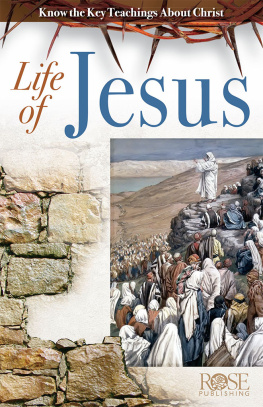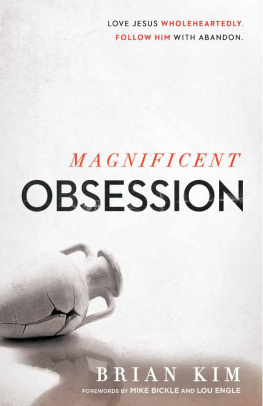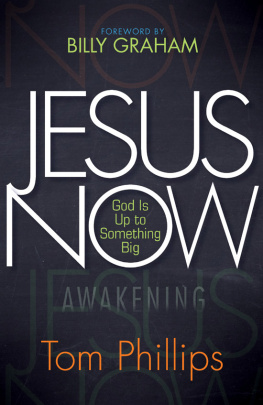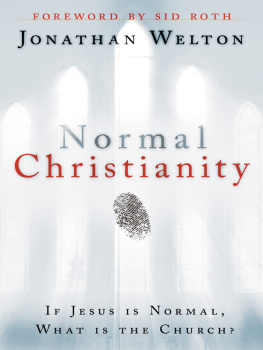COWLEY PUBLICATIONS is a ministry of the brothers of the Society of Saint John the Evangelist, a monastic order in the Episcopal Church. Our mission is to provide books and resources for those seeking spiritual and theological formation. Cowley Publications is committed to developing a new generation of writers and teachers who will encourage people to think and pray in new ways about spirituality, reconciliation, and the future.
becoming
human
becoming
human
Core Teachings of Jesus

Brian C. Taylor

2005 Brian C. Taylor
All rights reserved.
Published in the United States of America by Cowley Publications, a division of the Society of Saint John the Evangelist. No portion of this book may be reproduced, stored in or introduced into a retrieval system, or transmitted, in any form or by any meansincluding photocopyingwithout the prior written permission of Cowley Publications, except in the case of brief quotations embedded in critical articles and reviews.
Library of Congress Cataloging-in-Publication Data
Taylor, Brian C., 1951
Becoming human: core teachings of Jesus / Brian C. Taylor.
p. cm.
Includes bibliographical references.
ISBN 10:1-56101-257-2 ISBN 13: 978-1-56101-257-2 (pbk. : alk. paper)
1. Christian lifeBiblical teaching. 2. Bible. N.T. GospelsCriticism, interpretation, etc. I. Title.
BS2555.6.C48T29 2005
248.4dc22
2004030478
Scripture quotations are taken from The New Revised Standard Version of the Bible, 1989, by the Division of Christian Education of the National Council of the Churches of Christ in the United States of America. Used by permission.
Cover design: Gary Ragaglia
This book was printed in the United States of America on acid-free paper.
Third Printing
Cowley Publications
4 Brattle Street
Cambridge, Massachusetts 02138
800-225-1534 www.cowley.org
I offer this book in thanksgiving for the past,
present, and future members of the
community of St. Michael and All Angels
Episcopal Church in Albuquerque,
New Mexico. I have learned most of
what I know about Jesus from
our long walk together.
contents
introduction
for those who are truly alive, life continually evolves. As Christians, our experience of God and our view of Jesus evolve, too.
Not so long ago, my awareness of God and Christ was centered in contemplative prayer. This is the place out of which I wrote my last book for Cowley Publications, Becoming Christ: Transformation through Contemplation.
For reasons beyond my comprehension or control, shortly afterward I evolved, quite surprisingly, away from the contemplative world in which I had been so immersed. I just couldnt read another book on prayer. My spiritual disciplines became a shambles. I lost connection with the word spirituality. I had seemingly been transformed by contemplation, but in a way that I could never have predicted. (Isnt that always the way?) It was a real loss, and I was at loose ends. Something had died.
At the same time, my interest in life began to grow. Ive always known that God is fully immersed in everyday life, not encased in religion or spirituality, and in fact this view has been behind everything Ive ever written. But now, I began to be able to find God only in life as it is: in family and friendships, quiet moments alone, meals, parish work, exercise, music, in the intensity of lifes challenges, in my everyday consciousness, even in the struggle to move beyond those ways in which I habitually keep myself limited and apart from God. I began to actually live that which is the essence of all forms of spirituality: an immersion in the everyday activities of life.
The ordinary now seemed quite enough, without adding what felt like an artificial layer of spirituality on top of it. I still prayed, but now in a way that arose naturally out of whatever circumstance I was in. To use an analogy Ive mentioned in this book, it was as if the training wheels just fell off, and I discovered that I was riding the bike, which is life in God.
Jesus then came to the fore, in a new way. His teachings have always been central in my adulthood, but now something was different. There was a fresh, immediate, liberating quality to what he had to say about life. His guidance about how to live struck me to the core. One morning I spent a few hours leafing through the gospels, jotting down his teachings about relationships, the world, God, and human consciousness in the most succinct and accurate terms I could come up with: Dont worry; Love everybody; Help the poor; Die to yourself; Dont be too religious; Become simple; Face into conflict; Change the world; Forgive yourself for being human...
These phrases became this book. In between that morning perusal of the gospels and the completion of this collection of short chapters, I have been repeatedly reminded of Jesus astonishing perspective on this human life. In his lifetime, it was this perspective that transformed those who had the ears to hear him, so much so that they dropped everything and became his followers. His perspective still astonishes and transforms those who have ears to hear him.
As we follow Jesus, we will find that he helps us to become human, truly and fully human. In his fellowship, we become the creatures that our Creator intends us to be. In Jesus, God became fully human, in order to show us how to do the same. As the second-century bishop Irenaeus of Lyons puts it, The glory of God is the human person fully alive.
become simple
Technology, communication, and our modern economy have brought some of us many very good things. We can travel to indigenous jungle cultures or the far-off desert in a day or two or we can communicate by e-mail with a friend in another continent. We have access to wonderful anti-anxiety and blood-thinning medications, organic coffee from cooperative plantations, and digital music devices that enable us to hold our entire music library in the palm of our hand. Discussions on television shows expose us to new ways of thinking about previously forbidden family constructions, and our cities and suburbs are populated with Jamaicans and Nigerians and Koreans and everyone else.
We live in an increasingly complex environment. At times were bewildered by moral choices that seem ever more gray and uncertain, such as those presented by stem-cell research or new definitions of gender identity. Were faced with a fast pace of living all around us that sucks us into its vortexrunning from commitment to recreation to responsibility to entertainment so quickly that we wear ourselves out. Problems that have always vexed the worldhunger, poverty, disease, war, crime, pollutionnow have become so complicated and dangerous that solutions seem impossible. We are working harder, more in debt, making ourselves unhealthy, becoming ever more dependent upon mood-altering drugs, and all the while sensing that the world around us is spinning out of control.
We know that a spiritual life helps us to cope with the complexity of our lives. Meditation and prayer relieve stress, we find support for our lives through relationships in community, and many are comforted by the traditional messages of hope in scripture: The Lord is my shepherd, I shall not want (Psalm 23:1).
Next page











